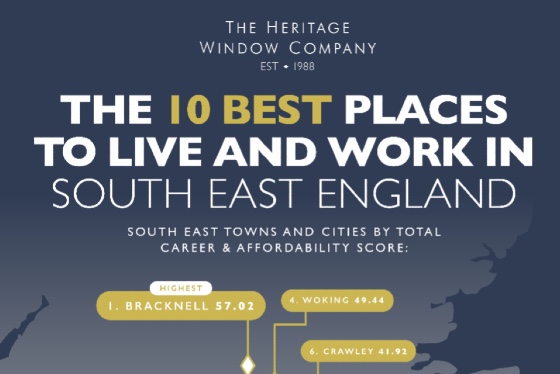Steve Smith, Managing Director (EMEA), Sterling Talent Solutions
As the rapid rise of social media usage continues, talent acquisition teams are now more likely than ever to search these channels for information on potential candidates as a first port of call when making hiring decisions.
With 45 million social media users in the UK alone (that’s a whopping 67% of the population), social media searches can provide additional layer of insight, not always revealed by a CV or interview.
However, the etiquette around screening these platforms is still a grey area for many, with considerable risks to be aware of. So, what information can HR teams legally search for, and what are the ethics of trawling these channels for personal information?
Protected characteristics
The main area where social media screening can become problematic for companies is when a candidate claims that a decision was made not to recruit them based upon ‘protected characteristics’ on their social media. If it can be proved that a hiring decision was in any way shaped by race, religion or sexual orientation, businesses could face huge fines, not to mention large-scale damage to their employer brand. For this reason, it’s crucial that protected characteristics on social media aren’t influencing your hiring decisions. There are methods to make this process easier. For instance, at Sterling, we run social media background checks that deliberately redact protected characteristics in order to completely remove risk of unconscious biases influencing decisions.
Consistency
A consistent, well thought out screening policy is essential for any social media checks that companies wish to conduct. Despite over 90% of recruiters claiming to have used social media to vet candidates, only 40% of businesses claim to perform social media checks as part of a structured background screening programme.
What this suggests is that many companies are carrying out checks ‘unofficially.’ This lack of consistency must be avoided at all costs and is often the root cause of most social media problems that organisations face.
HR leaders must ensure all hiring managers have a clear understanding of what information they can search for, and what they should be looking out for when it comes to specific roles, knowledge of the risks surrounding unconscious biases and personal data, and training on relevant legislation such as the Equality Act and GDPR.
As long as HR teams are clear on the purpose for carrying out screening, know what they are looking for, and are well-schooled on their legal obligations – negative consequences can be avoided.
Seek permission
All candidates should be informed if a company intends to conduct research on them prior to interview, and HR teams should obtain their consent beforehand. This allows applicants to decide for themselves what they wish to have private or public on their profiles.
Most candidate’s have not created their social media profile for hiring managers to view – even if it is available in the public domain – and therefore have not given consent for it to be used as part of the employment process. Therefore, if an employer is considering using social media screening as part of the recruitment process, they should seek express permission first.
Can’t be overlooked
Ultimately, social media screening is a process that is fast becoming crucial to everyone involved in recruitment. In terms of staying risk free and making sure you are bringing on board the best talent possible, this type of background check can make all the difference.
Therefore, companies shouldn’t be looking to cut any corners, and should not only aim to carry out consistent and suitable checks, but make sure they are on the right side of the law when it comes to analysing social media.
By simply adhering to a few well thought out guidelines, and making sure that everyone involved in the hiring process is on the same page, companies can enjoy all the benefits of social media screening – without worrying about any of the risks.









